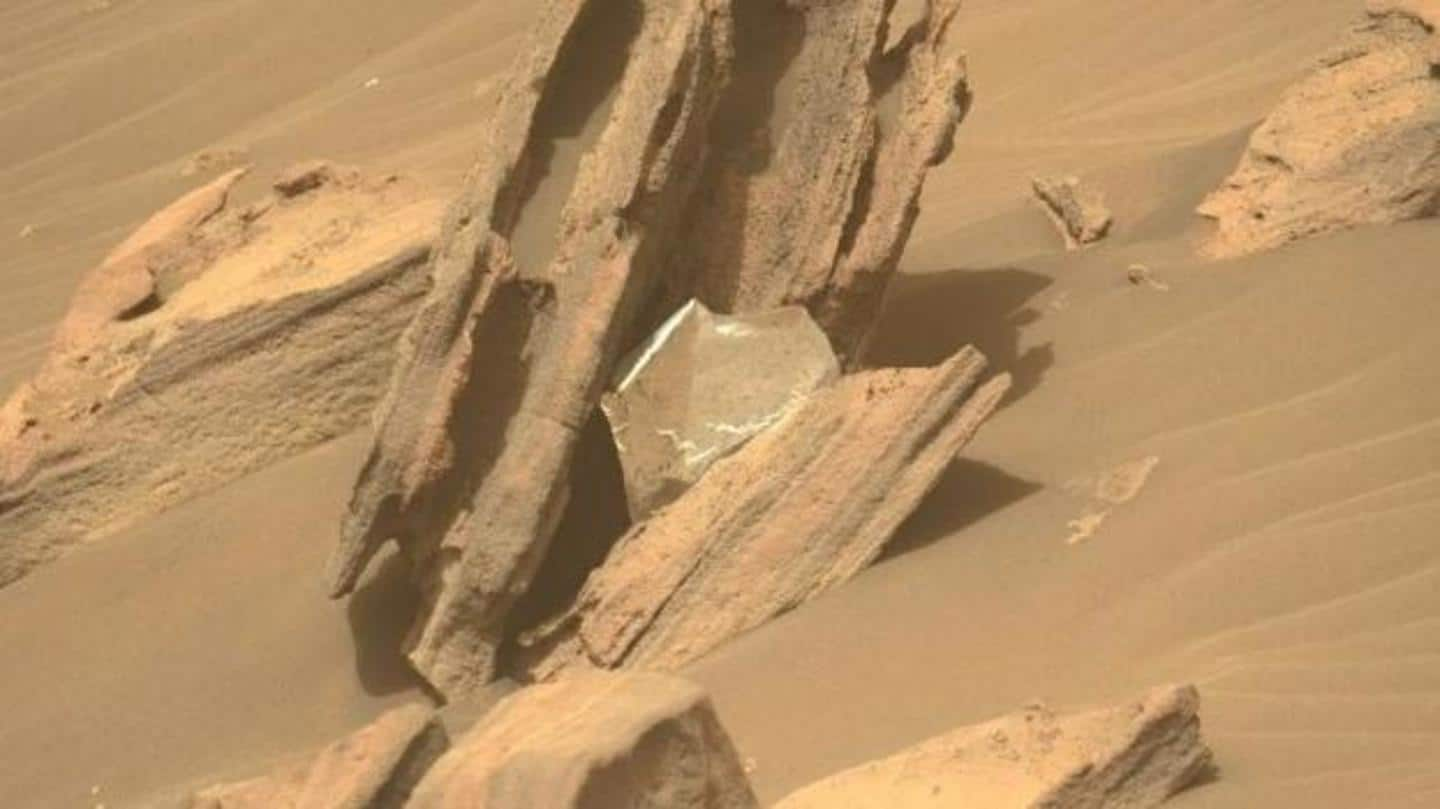
Over 7,000kg of trash: Mars has already become junkyard planet
What's the story
Fifty years, 14 missions, and 18 man-made objects—that's what humanity's relationship with Mars looks like in the fewest of words. But do you know what that means for Mars? Over 7,000kg of trash! Yes, you heard it right. What's interesting is that we are yet to set foot on the red planet. But we are not far behind from turning it into another Earth.
Context
Why does this story matter?
Human beings look at Mars as a planet with the potential to support life. If a recent study is to be believed, by the time we reach there, Mars will be more of a junkyard than a habitable planet. What's worrying is the amount of trash is only going to increase with all the probes we have planned. The question is—where will it end?
Analysis
Mass of all Mars rovers and orbiters calculated
Mars's transformation into a junkyard is described by Cagri Kilic, a postdoctoral research fellow in robotics at West Virginia University, in an article in The Conversation. According to him, the red planet has over 7,118.6kg of man-made waste. To arrive at this number, he analyzed the mass of all Mars rovers and orbiters. He then subtracted that from the mass of the operational ones.
Protective module
There are 3 main sources of Martian trash
There are three biggest sources of debris on Mars: discarded hardware, inactive spacecraft, and crashed spacecraft. The module that protects spacecraft during a landing on the surface forms a major part of Martian trash. This module includes a heat shield, landing hardware, and a parachute. When the probe lands, it discards the module. When it falls on the ground, it breaks into small pieces.
Other waste
Crashed and inactive spacecraft are important sources of debris
The Martian wind blows tiny pieces of broken modules to different parts of the planet. Earlier this year, Perseverance Rover came across a piece of its own thermal blanket. Inactive spacecraft on the Martian surface is another type of debris. There are nine of them. Destroyed probes are also a significant source of trash. At least two have crashed, and four have lost contact.